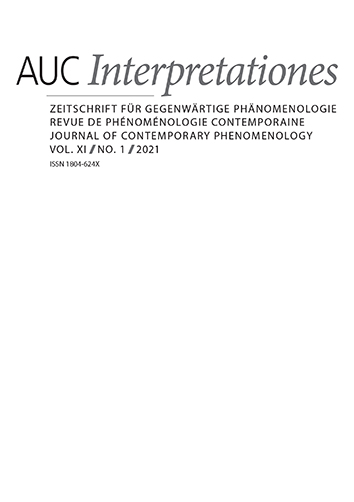AUC INTERPRETATIONES, Vol 3 No 1 (2013), 63–83
Pluralité et être en commun. Arendt confrontée à Heidegger
Attilio Bragantini
zveřejněno: 13. 01. 2015
Abstract
This paper aims to discuss a central topic in Hannah Arendt’s debate on Martin Heidegger’s thought: the plurality and the political condition of human beings. First, by constant reference to both the American and the German editions of The Human Condition, it shows the meaning of “plurality”, “public realm” and “the Common” in Arendt’s thought. Its main claim is a double significance of plurality: on one hand the mere condition for human beings living together on Earth, on the other hand “the problem of politics”, i.e. the institution of a common world enabling plurality through the power of the action. Second, it tries to demonstrate how the constitution of this concept by Arendt is owed to her interpretation of Heidegger, which remains controversial. Although Arendt criticizes the way Being and Time undoes or devalues the plural and political features of humans beings, at the same time it is possible to find in the early Heidegger’s lecture on Aristotle’s practical philosophy some sources for Arendt’s deontologisation of politics, mainly in relation to the political role of discourse.

Pluralité et être en commun. Arendt confrontée à Heidegger is licensed under a Creative Commons Attribution 4.0 International License.
210 x 148 mm
vychází: 2 x ročně
cena tištěného čísla: 180 Kč
ISSN: 1804-624X
E-ISSN: 2464-6504
